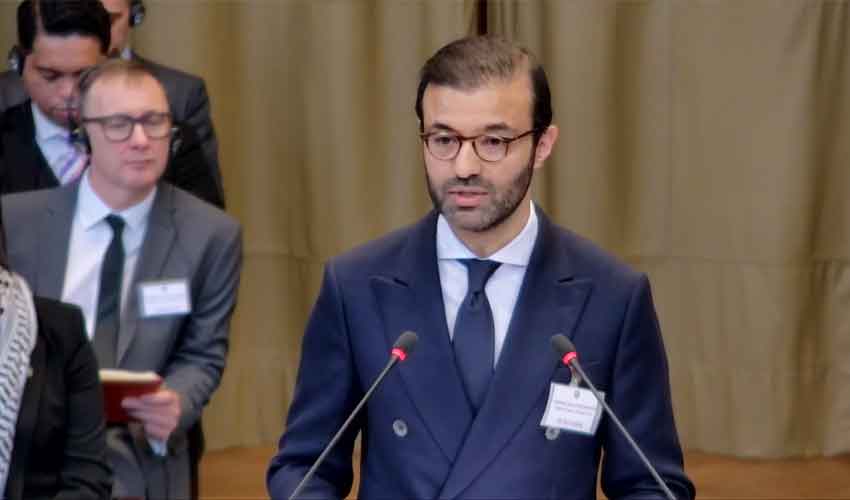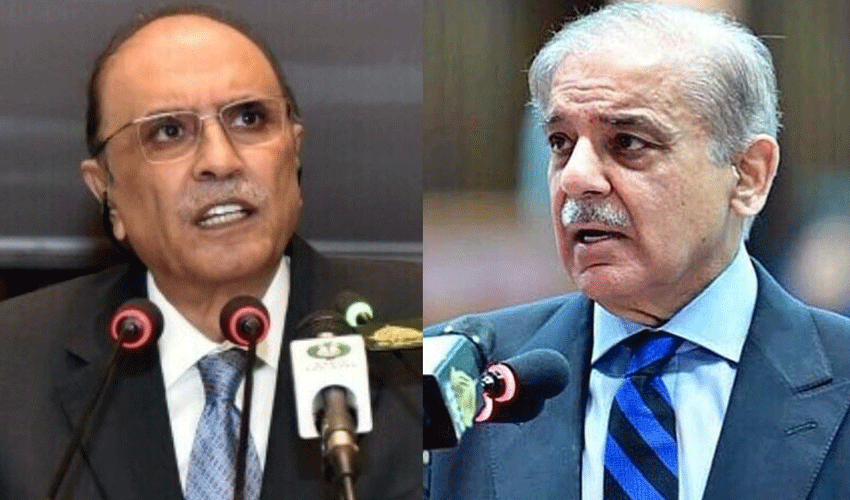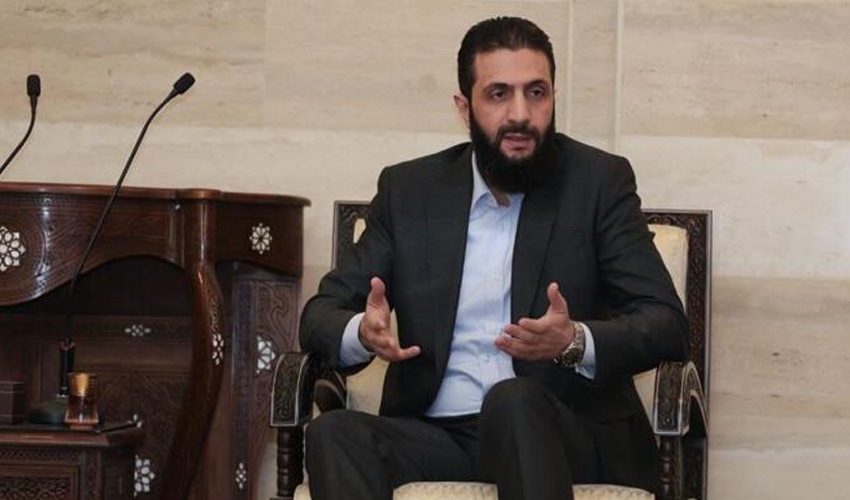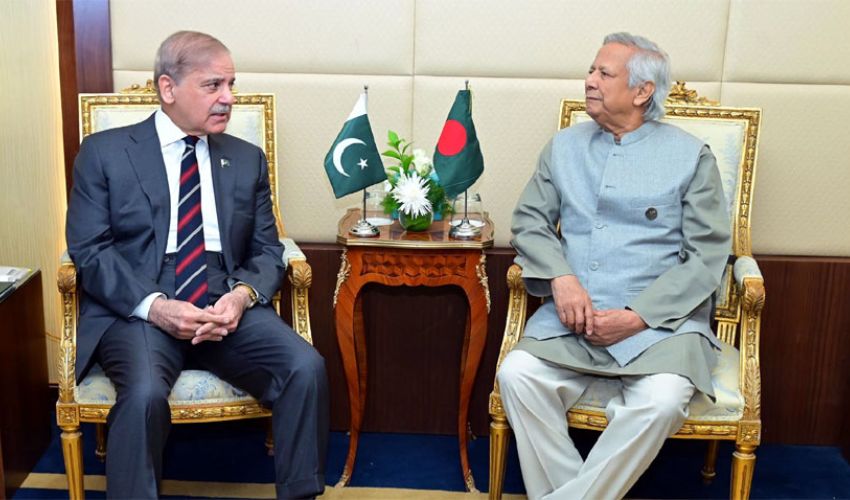The International Court of Justice (ICJ) is currently hosting a pivotal six-day hearing regarding Israel's 57-year illegal occupation of Palestine.
The high-profile event has attracted significant attention from around the world, with 12 countries, including Pakistan and Great Britain, providing legal arguments on the Israeli occupation during the fifth day of proceedings.
Caretaker Law Minister Ahmed Irfan Aslam is representing Pakistan, underscoring the nation's commitment to advocating for the rights of Palestinians. A total of 52 countries and three human rights organizations are actively participating in the hearing, signalling widespread international interest and concern regarding the situation in Palestine.
Minister Aslam has articulated Pakistan's unwavering support for the self-determination of Palestinians, advocating for their freedom and the establishment of a two-state solution. He stressed that the ICJ should issue an opinion on the illegal Israeli occupation and the withdrawal of Israeli forces from Palestine, echoing sentiments shared by many participating nations and human rights organizations.
As the hearing progressed, Minister Aslam highlighted the significance of international law and the ICJ's role in establishing peace and order in Palestine. He condemned Israel's ongoing violations of General Assembly and Security Council resolutions, reiterating that the illegal occupation constitutes a grave violation of human rights.
Moreover, Minister Aslam emphasized that Israel's occupation of Palestine is a temporary arrangement, and the country must adhere to its responsibilities under international law. He underscored that no state can benefit from its mistakes, emphasizing the need for accountability and adherence to international norms and principles.
In summary, the ongoing ICJ hearing serves as a crucial platform for addressing the longstanding Israeli occupation of Palestine, with participating nations and human rights organizations advocating for justice, freedom, and the rights of the Palestinian people. As discussions continue, the international community closely watches developments, hopeful for a resolution that upholds the principles of peace, justice, and human rights in Palestine.


























